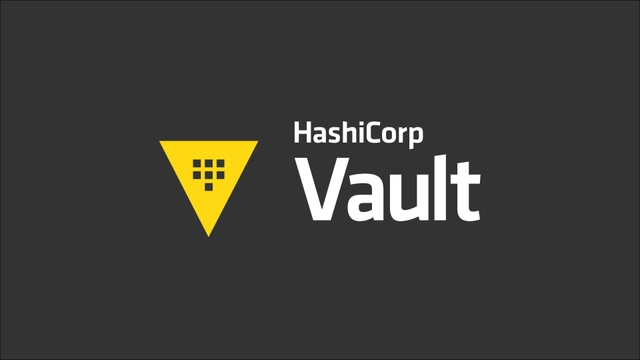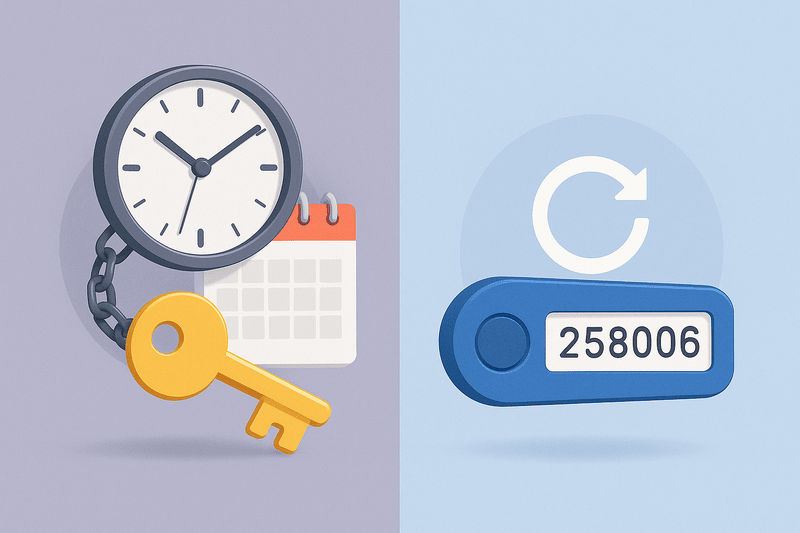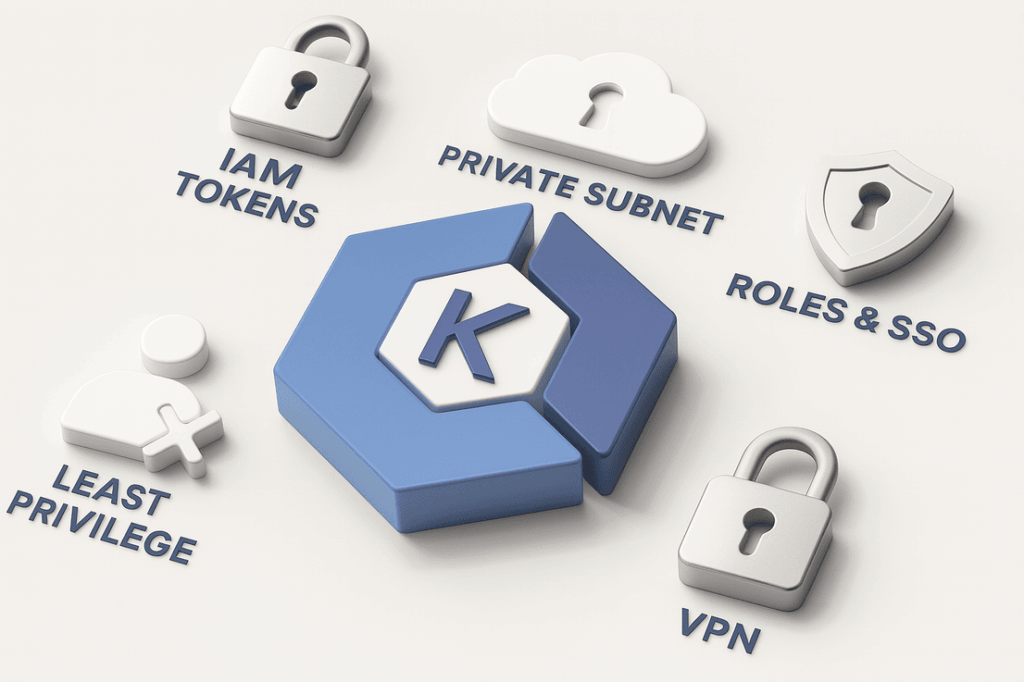HashiCorp Vault is like a super-secure digital safe for your most sensitive information. Imagine you have a box where you store all your important secrets—passwords, credit card numbers, or even secret recipes. Vault is that box, but for businesses and tech systems.
It’s a tool designed to securely store, manage, and control access to sensitive data like API keys, database credentials, encryption keys, and more.
How Does Vault Work?
Think of Vault as a highly organized librarian for secrets:
- Stores Secrets Safely: It keeps your sensitive data encrypted and locked away.
- Controls Access: Only people or systems with the right “key” (permissions) can access the secrets.
- Tracks Usage: It logs who accessed what and when, so you always know what’s happening.
- Rotates Secrets: It can automatically change passwords or keys regularly to keep things extra secure.
Real-Life Use Cases of HashiCorp Vault
Here are some simple, relatable scenarios to explain how Vault is used in real life:
1. Storing Database Credentials
- Scenario: Imagine you run a website that needs to connect to a database to store user information. The database has a username and password, and you don’t want just anyone to know it.
- How Vault Helps: Vault stores the database credentials securely. When your website needs to connect to the database, it asks Vault for the credentials. Vault hands them over only if the request is authorized, and it can even change the password automatically every week to keep things secure.
2. Managing API Keys
- Scenario: Your app uses third-party services like Google Maps or payment gateways, which require API keys. These keys are like secret passwords that let your app talk to these services.
- How Vault Helps: Instead of hardcoding these keys into your app (which is risky), Vault stores them securely. Your app retrieves the keys from Vault only when needed, and Vault ensures no unauthorized person or system can access them.
3. Encrypting Sensitive Data
- Scenario: You’re building an app that stores users’ personal information, like Social Security numbers or health records. This data needs to be encrypted to protect it from hackers.
- How Vault Helps: Vault can act as an encryption service. Instead of your app handling encryption directly, it sends the data to Vault, which encrypts it and returns the encrypted version. This way, even if someone hacks your app, they can’t read the sensitive data.
4. Securing Cloud Credentials
- Scenario: Your company uses cloud services like AWS or Azure, and you need to give your developers access to these platforms. But you don’t want to hand out the master keys to everyone.
- How Vault Helps: Vault can generate temporary, limited-access credentials for each developer. For example, a developer might get access to only a specific part of the cloud for just one hour. After that, the credentials expire automatically, reducing the risk of misuse.
5. Managing SSH Keys
- Scenario: Your team needs to access servers remotely using SSH keys (like digital locks and keys for servers). Managing these keys manually can be messy and insecure.
- How Vault Helps: Vault can generate and manage SSH keys for you. It ensures only authorized users get access to the servers and automatically rotates the keys to keep them secure.
Why Use Vault?
- Security: It keeps your secrets safe with strong encryption and access controls.
- Automation: It can automatically rotate secrets, so you don’t have to worry about outdated passwords.
- Auditability: It logs every access request, so you know who accessed what and when.
- Flexibility: It works with almost any system, whether you’re on-premises or in the cloud.
Simple Analogy
Think of Vault as a high-tech, ultra-secure butler for your secrets. You tell the butler what to protect (like passwords or keys), and it ensures only the right people get access. It also changes the locks regularly, keeps a log of who came in, and even locks the door automatically if someone suspicious shows up.
In short, HashiCorp Vault is the ultimate tool for keeping your digital life secure and organized!
Vault can be implemented on various platform and application deployment architectures. It has a good integration with Kubernetes for managing credentials and ensuring sensitive information is not stored in Git or any other insecure location. See more about Vault implementation on various platforms.
Conclusion
Vault helps you to store, and manage sensitive information and creates a secure communication route between your application and itself to pull these sensitive information without the risk of it getting leaked. Vault is a project from Hashicorp the company who also owns Terraform. Do you know what Terraform is? Have you ever used it ? Get an introduction into one of the worlds most powerful IaC tool: Introduction to Terraform.







